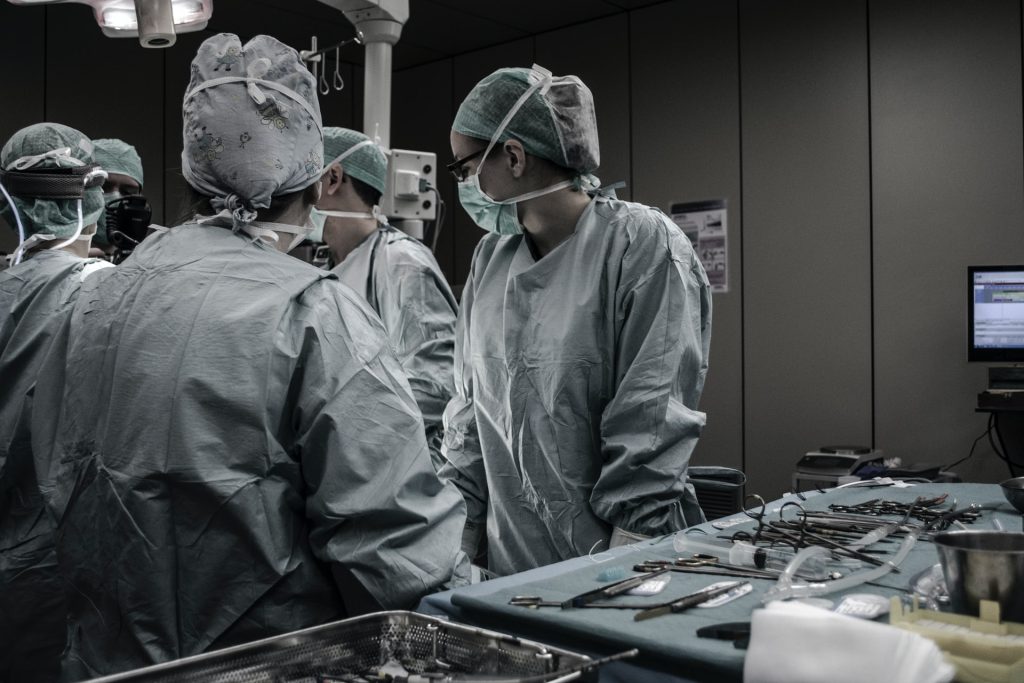
David Bennett, a 57 year old US man, is doing well after being the world’s first human transplant of a pig heart, according to the man’s son, David Bennett Jr.
When his father first told him of the pig heart option, his son was incredulous, telling the BBC: “I didn’t believe him, I thought he was suffering from delirium at first.”
However, when he did some research on the work done, he realised it was a reality and that they were “walking into the unknown”.
He added that according to Dr Bartley Griffith, who performed the surgery, his father has a good prognosis of 6–9 months. The experimental seven-hour procedure at the University of Maryland Medical Center in Baltimore was considered the last hope of saving Mr Bennett’s life, though it is currently unclear what his long-term chances of survival are.
“It was either die or do this transplant,” Mr Bennett explained a day before the surgery, adding that it was his “last choice”.
Dr Griffith said heart failure and an irregular heartbeat made him ineligible for a human heart transplant or a heart pump.
Xenotransplantation, as these inter-species transplants are called, have failed, largely because patients’ bodies quickly rejected the animal organ. Notably, in 1984, Baby Fae, a dying infant, lived 21 days with a baboon heart.
What makes this attempt different is that the Maryland surgeons used a heart from a pig that had been genetically modified to remove a sugar in its cells that’s responsible for that hyper-fast organ rejection. Many biotech companies are working on adapting pig organs for xenotransplantation.
“I think you can characterise it as a watershed event,” Dr David Klassen, chief medical officer at the United Network for Organ Sharing (UNOS), which oversees the US transplant system.
Dr Klassen nevertheless cautioned that it’s only a first tentative step into exploring whether xenotransplantation might finally work this time.
The Food and Drug Administration, which oversees such experiments, allowed the surgery under what’s called a “compassionate use” emergency authorisation, available when a patient with a life-threatening condition has no other options.
Surgeon Bartley Griffith said the surgery would bring the world “one step closer to solving the organ shortage crisis”. At present, 17 people die every day in the US waiting for a transplant, with more than 100 000 reportedly on the waiting list. A record 3800 heart transplants were done last year, according to the UNOS.
Source: BBC News


One Reply to “Patient Doing Well after World-first Pig Heart Transplant”
Comments are closed.